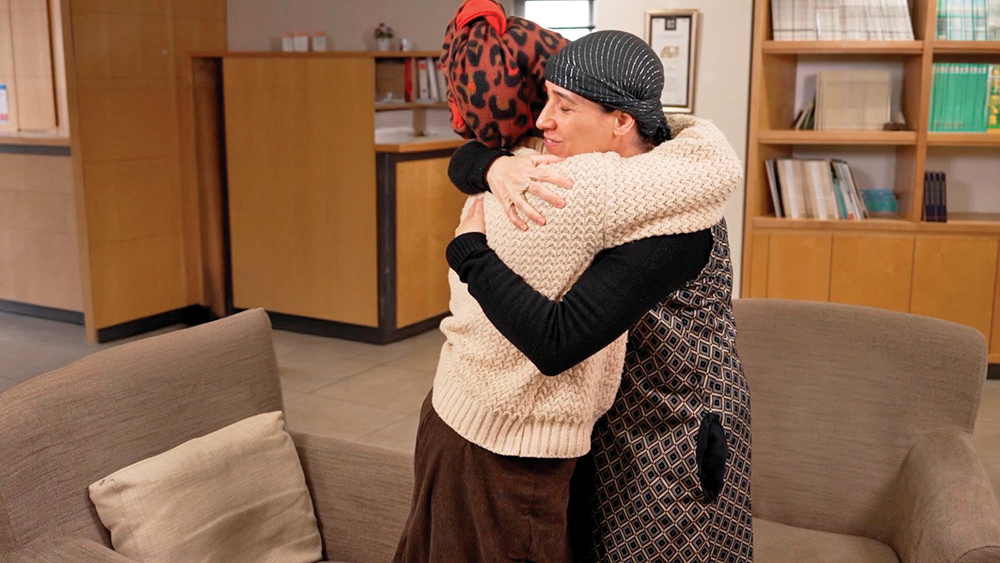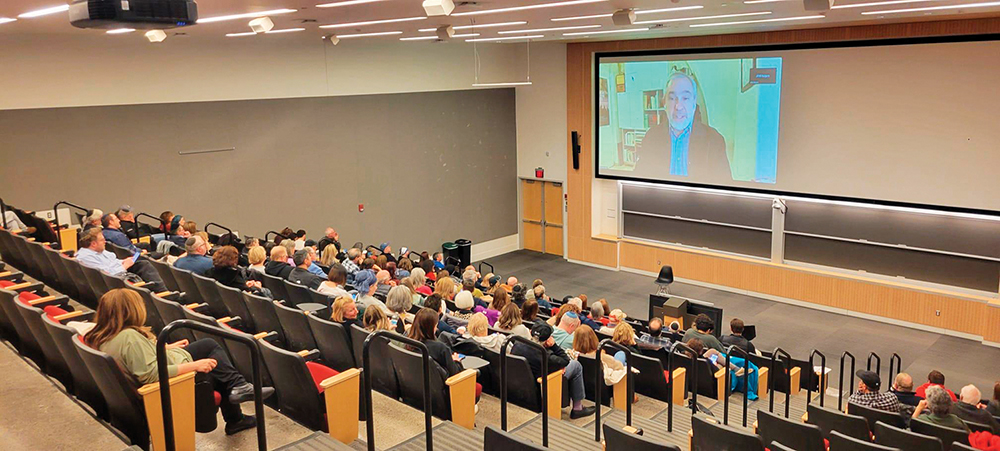What is mindfulness? It is specific attention to the present. It is actively observing one’s own thoughts and feelings, without passing judgment on them as either good or bad. It is purposefully noticing some aspect of one’s environment, internal or external. While mindfulness is based on Eastern mediation practices, it is not a religious practice or intervention.
Mindfulness, it appears, can actually be a beneficial tool for people who have difficulty with attention. In fact, research indicates that mindfulness “training” is a beneficial treatment for those with ADD and ADHD (attention deficit disorder and attention deficit hyperactivity disorder). “Mindfulness starts with attention, and that skill is applied to increase awareness of thoughts, emotions and behaviors. In this way mindfulness also leads to increased choice,” states Dr. Lidia Zylowska of UCLA. She lists two steps to mindfulness: focusing on the moment at hand and having an open, nonjudgmental attitude of openness, curiosity and acceptance.
These steps can be practiced by meditating, which can take place throughout the day. While initially it may be difficult to focus long enough to meditate for any particular length of time, with practice it becomes easier to notice and accept random thoughts rather than focusing upon them.
Interestingly, research shows that through mindfulness practice the ability to stay focused despite distractions improves. Other recent studies show decreases in anxiety through mindfulness training. Other benefits include stress reduction and self-acceptance. Additionally, mindfulness has been shown to increase patience and tolerance. Ongoing research includes the effect of mindfulness on parenting and executive function, as well as attention.
Mindfulness practice can begin as simply as sitting quietly and paying attention to individual breaths in and out. An easy way to do this is by counting breaths. Then, one can begin to notice how many numbers one can count while breathing in (inhalation), and then counting though breathing out (exhalation).
One formal mindfulness practice begins with a guided mediation based on paying attention to the breath. In the second session, the focus is on paying attention to different parts of the body and how they feel. The third session is geared towards paying attention to specific sounds in the environment. The fourth session is based upon focusing on specific feelings. The last session spotlights thoughts that come and go during meditation. Each guided meditation is less than 10 minutes in length and is created specifically for children. Parents can easily make up their own guided meditation scripts whereby they instruct children to pay specific attention to areas of focus without judgment. People do not always need guiding words for their meditations. Rather, they can easily focus their own attention with practice.
Children with conditions such as anxiety and ADHD have difficulty with focus and social relationships. Mindfulness can help these children become more aware of how they are feeling and, in turn, more aware of what tools they need to employ in order to increase focus or decrease anxiety. It can help these children self-regulate.
Relationships between parents and children with ADHD can often become strained. Parents may have less patience and exhibit increased attention given to their child’s “bad” behavior. Mindful parenting can help them to observe, but not judge behaviors while increasing attention to the child him or herself.
Currently, the only evidence-based treatments for conditions such as ADHD are medication and behavioral interventions. Mindfulness, as a treatment, has undergone very few scientific studies. Nevertheless, it has been shown to increase awareness of the present, enhance observation without judgment, and reduce automatic responses. In time, researchers hope to find that these practices can be applied in a variety of environments in order to help children find self-control and increased resilience.
Dr. Wodinsky is a social skills therapist who works with children individually and in groups at Teaneck Speech and Language Center. She can be reached at a.wodinsky_teaneckspeech.com.
By Avigael (Stephanie) Saucier Wodinsky, PhD, MEd, MBA, GAC-AI, GAC-ABA











